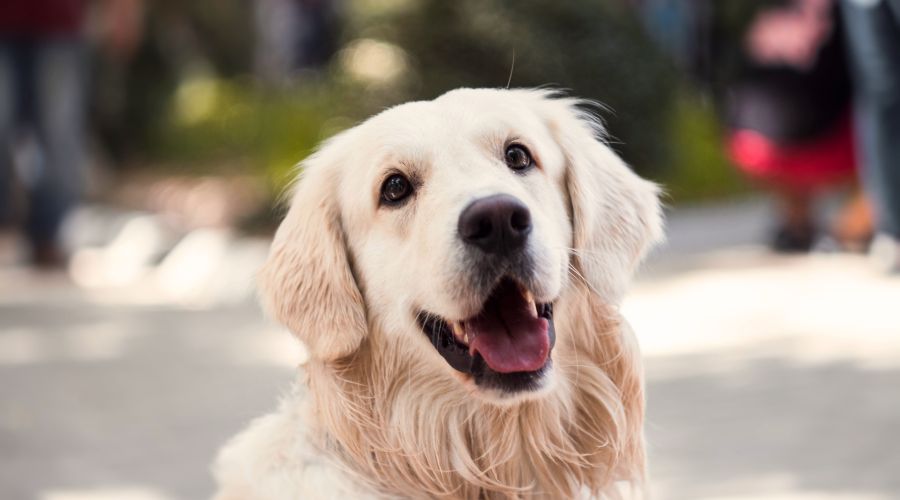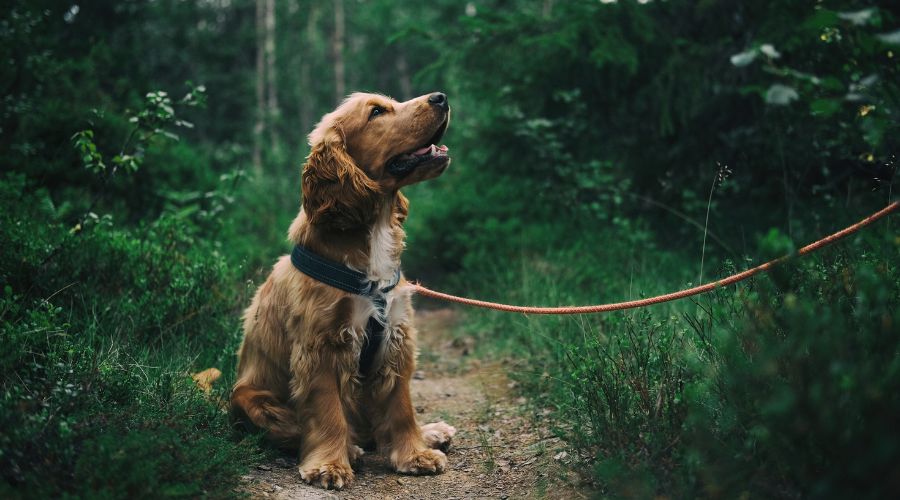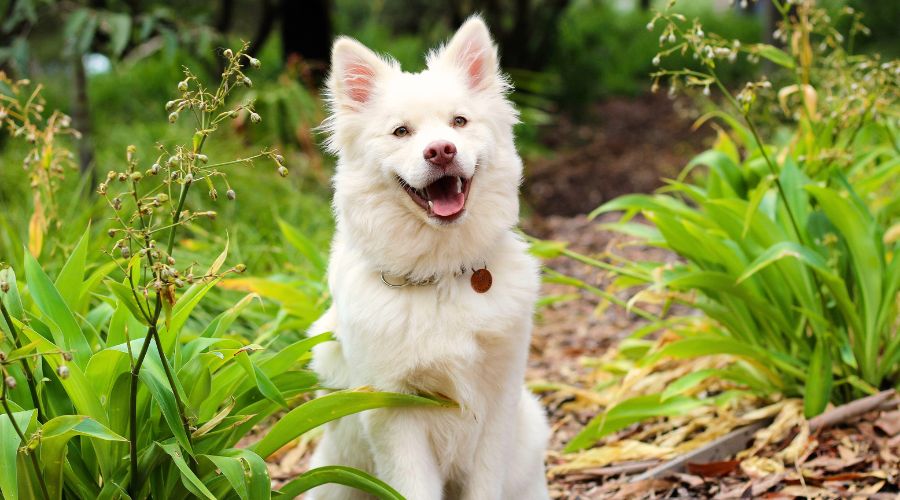Farmers warned to watch for outdoor hazards and protect their dogs
22nd May 2024
With the summer season upon us, Tesco Bank Pet Insurance has offered some top tips for dog owners – to help keep pets safe in the great outdoors this spring and summer.

Recent data has shown that a fifth (20%) of dog claims made through the spring and summer months (April to September) of 2023 were due to grass seed-related injuries.
Grass seed injuries occur when a seed gets lodged in the outer layer of the dog’s skin, and while it can be found anywhere on the dog’s body, it often affects paw pads. If left untreated, it can cause discomfort and infection.
This kind of injury can result in hefty costs, with the average claim costing £362 over the season.
Dogs’ diet
It is not just grass seeds that dog owners need to be aware of in the spring and summer months.
Internal data reveals that insect stings led to claims averaging £2,202 across spring and summer last year.
While summer does bring certain outdoor hazards for pets, the insurer’s data also highlighted the importance of keeping an eye on what dogs are wolfing down.
Over the course of 2023, Tesco Bank saw 1,169 claims for foreign objects in dogs’ stomachs. The average claim cost £1,264.
Whether it is munching on picnic food or eating something they should not, it is important to keep an eye on what dogs may try to feast on.
Keep a close eye on your dog
The pet insurer claimed owners could be putting themselves at financial risk by not insuring their pets.
Its research found that almost a third (31%) of dog owners do not have cover for their pet. This could put them in a difficult position if faced with any unexpected vet bills.
Alex Cross, insurance director at Tesco Bank, said: “[…] While the warmer season may mean pets can have an extended run around, it does also mean owners need to keep a close eye on what pups are up to, whether that’s rolling around in the grass, exploring the flowerbeds, or even gobbling down any picnic or barbeque foods.
“If you do think that your dog is in pain or eaten something they shouldn’t, seek expert help as soon as possible. Tesco Bank Pet Insurance customers can access 24/7 help through VetFone, which has a national network of vet nurses to help with any questions.”

What dangers to watch for
Mr Cross also shared advice for dog owners on what to watch out for and what action to take if you think your pet has been affected:
Grass seeds
Check your dog’s fur after you have been out and about. If there are grass seeds that have not lodged themselves in your dog’s skin, you can simply brush them off.
But, if you are concerned that it has become lodged, or if you are worried there is one in your dog’s paws, ears or eyes, get in touch with your vet right away, and they’ll be able to help.
Insect stings
In many cases, a wasp or bee sting will simply mean some swelling and perhaps some pain. It should disappear quite quickly.
If the sting is still in the skin, scrape it off and apply a cool towel or cloth to cool the area down. And keep an eye on them.
Just like humans, some dogs can be allergic to bee or wasp stings. If you notice your dog has been stung and they have excessive swelling, are struggling to breathe, are sick or have diarrhoea, or seem weak and lethargic, seek help immediately.

Heatstroke
Heatstroke can be very dangerous for dogs. If the weather is warmer than usual or you are doing something your dog is not used to, like taking a long walk in the middle of the day, be on top of the signs of heatstroke.
Heavy panting or difficulty breathing, excessive drooling, drowsiness, lethargy or collapsing, and vomiting can all be signs that your dog is under heat stress.
Move them somewhere cool, allow them to have small drinks of cool water, and pour cool water over them to try and reduce their body temperature, but not icy cold, as this can shock them. If your dog is unconscious, you need to seek immediate vet support.
Also, be aware of the breeds that are more likely to be prone to heatstroke. Those with thick and heavy fur coats are more susceptible, as are flat-faced breeds like bulldogs or pugs.
Picnic and barbeques
The summer months tend to mean it is also picnic and barbeque season. However, there are some human foods that are highly poisonous to dogs. Chocolate, avocados, grapes, and raisins are among those that are most dangerous to dogs and can cause vomiting, abdominal pain and, in more extreme cases, seizures and comas.
Common barbeque foods, such as corn on the cob, can also present a danger as they are choking hazard and can cause intestinal blockages.
It may also be tempting to give your dog the bones from any cooked meats, but these can easily cause splinters in dogs’ mouths, throats, and stomachs. In the same vein, kebab skewers can easily be swallowed and lead to the same issues.
If you suspect your dog has eaten something they should not, contact a vet immediately.
Read more rural news.

